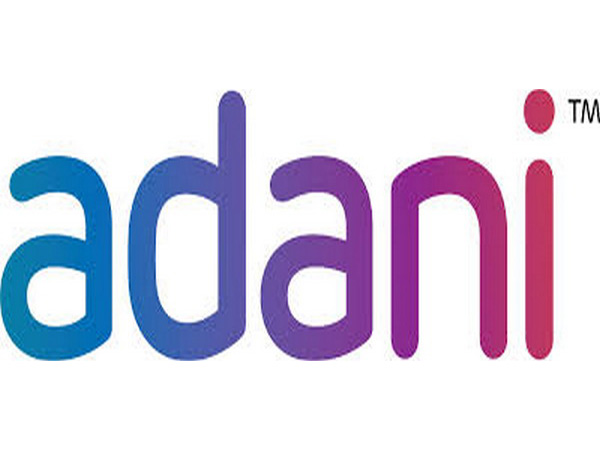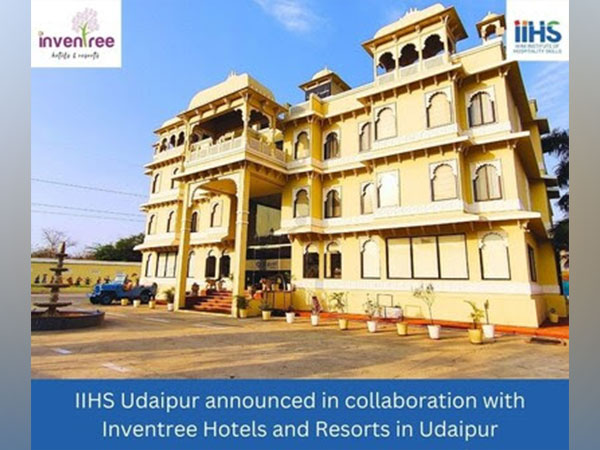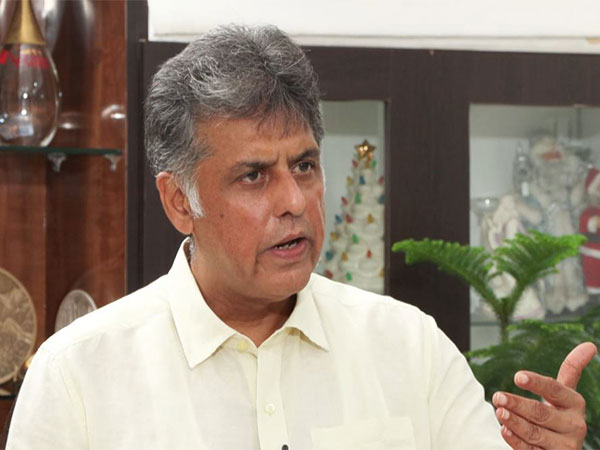New Delhi [India], August 31 (ANI): Senior Congress leader Manish Tewari emphasised that back-channelling, mediation, and arbitration are distinct concepts, with back-channelling being a more fluid and informal process.
In an interview with ANI, Manish Tewari highlighted the US shift to front-channelling. In contrast to past practices, the Trump administration’s approach has been characterised by “front-channelling,” where the US president publicly claims credit for diplomatic efforts, potentially undermining the effectiveness of backchanneling.
“In President Trump’s case, what used to be back-channelling and quiet is now front-channelling. So, therefore, you are actually confronted with a US administration which believes in throwing to the winds all established canons and practices of diplomacy and statecraft, so this is what the situation is,” he added.
“Ultimately, back-channelling, mediation, and arbitration are three different concepts altogether, and I think this position has been clarified. Yes, there has been back-channelling. Minister Jaishankar has said that he was talking to XYZ, and even PM Modi was taking calls from Vice President Vance and a lot of other people,” said Tewari.
This comes after Donald Trump claimed his administration brokered a ceasefire between India and Pakistan following military clashes earlier in the year. This claim is explicitly denied by the Indian government, which states that the cessation of hostilities was achieved through direct talks between the militaries of the two countries.
“But eventually, the call which led to the cessation of hostilities on May 10, 2025, at 5 pm evening was made that afternoon by the Director General of Military Operations of Pakistan. Whether backchanelling had a role to play in that is only the stakeholders who were involved in the process who would be in the best position to really enunciate,” said the Congress leader.
Tewari further stated that the relationship between India and Pakistan has long been complex, with diplomatic backchanneling playing a significant role in crisis management and mitigation.
According to Manish Tewari, back-channelling has been a recurring theme in India-Pakistan relations, dating back to Operation Brasstacks in 1987. This quiet diplomacy has been employed in various crises, including Robert Gates’ mission in 1990, Operation Parakram, the 26/11 attacks, and the Pulwama-Balakot dynamics.
“Going back to Operation Brasstacks in 1987, when Pakistan first started using the Nuclear word, there has been backchanneling in every India-Pakistan crisis. It also occurred during Robert Gates’ mission in 1990, with Operation Parakram, the 26/11 attacks, and the Uri and Pulwama-Balakot dynamics. In fact, President Trump’s summit with Kim Jong Un in Hanoi had failed, and on March 1, 2019, he said in a press conference that there will be good news from India-Pakistan soon,” he added.
Notably, Robert Gates had no direct mission in India in 1990; Operation Parakram refers to the 2001-2002 standoff between India and Pakistan; the 26/11 attacks were the 2008 terrorist attacks in Mumbai; and the Pulwama-Balakot dynamics involve the 2019 Indian airstrike on Balakot, Pakistan, in response to the Pulwama attack.
On the repeated use of the word “surrender” in political discourse, Tewari lamented the increasingly toxic nature of India’s political discourse, which he believes has become more divisive over the past few decades.
“Unfortunately, India’s political discourse has now gone back five decades. I remember clearly from 1981 onwards, it has become extremely toxic. Do you think it is fair in 1987 that a young Prime Minister who had a 415-seat majority in Parliament was targeted with slogans like ‘Gali gali mein shor hai, Rajiv Gandhi chor hai’? Wasn’t that absolutely abominable? What came out of it? Nothing…So therefore, when you sow the wind, you reap the whirlwind,” he told ANI.
The Congress leader acknowledged that the current political climate is characterised by tit-for-tat politics, emphasising the need for restraint and maturity in political discourse.
“That is exactly what it is! So, therefore, if you want other people to exercise a modicum of restraint, then you need to exercise that restraint on yourself,” said Tewari.
Tewari criticised the politicisation of national security, citing instances where politicians have exploited security issues for political gain.
The Congress MP said, “You have situations whereby people have played very crass politics with national security. PM Modi, as CM of Gujarat, had gone to attend a press conference in Mumbai right outside the hotels when the operation to flush out terrorists was going on. On various occasions in the past, the opposition had been very uncharitable.”
Tewari gave the example of Atal Bihari Vajpayee’s praise for Indira Gandhi’s leadership during the 1971 India-Pakistan war, which showcases a rare moment of bipartisan support. Despite being a prominent opposition leader, Vajpayee commended Gandhi’s commitment to the country’s cause, demonstrating unity in times of crisis.
“There was also Atal Bihari Vajpayee, who in 1971, after the liberation of Bangladesh, had hailed late PM Mrs Gandhi’s leadership. If you require maturity and statesmanship of that order, then that has to come from all sides,” he added. (ANI)
Disclaimer: This story is auto-generated from a syndicated feed of ANI; only the image & headline may have been reworked by News Services Division of World News Network Inc Ltd and Palghar News and Pune News and World News
HINDI, MARATHI, GUJARATI, TAMIL, TELUGU, BENGALI, KANNADA, ORIYA, PUNJABI, URDU, MALAYALAM
For more details and packages




















